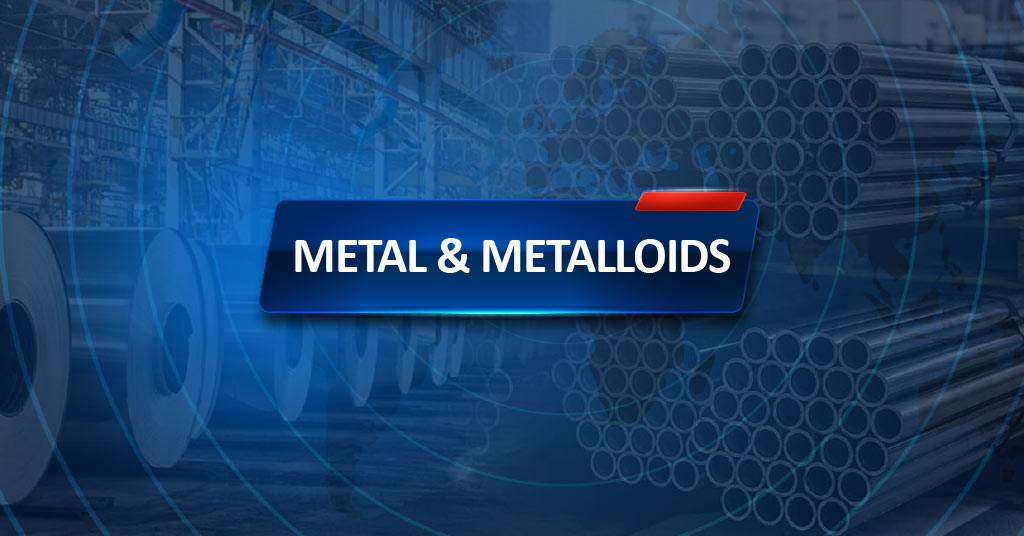Welcome To ChemAnalyst

In the first week of December, the price of Steel Rebar experienced a significant growth rate in the German spot market as the supply level dampened in the domestic warehouses. The increases in road tolls for heavy trucks have backed the upliftment in Steel Rebar prices as transportation costs increase. Moreover, the recent conflict in the Iron and Steel Industry across Germany has caused a ruckus in the Steel Rebar manufacturing sector. The steel mill’s employees and workers have gone on a strike regarding an increase in their pay grade. This has led to a lower Steel Rebar inventory level across Germany and nearby European nations.
The supply of Steel Rebar plunged as the German Steel and Iron Workers announced to go on strike at the start of December 2023 to pressure the mill and industry owners to increase their pay scale. The strike would start with around 300 workers walking out at three sites operated by the major Steel Rebar manufacturers across Germany, such as ArcelorMittal, Thyssenkrupp, and Deutsche Edelstahlwerke. The strike is anticipated to intensify over the coming weeks. IG Metall, the dominant metal work union in Germany, has been seeking an increase of 8.5 percent in salaries for the workers over 12 months. The union is advocating for a decrease in the weekly working hours of steel and iron workers to 32, down from the existing 40, without any corresponding wage reduction. The major manufacturing companies have proposed a 3.1 percent wage hike spanning 15 months; however, they have declined the request for a reduction in working hours. The strike has slowed down the production rate of Steel Rebar in Germany and, thus, resulted in an increasing price trend in the German spot market.
Moreover, the transportation cost of Steel Rebar has also observed a sudden hike regarding pollution control and heavy goods vehicle road toll increase. The elevation of Heavy Goods Vehicle (HGV) road toll fees in Germany, incorporating a supplementary CO2 emissions levy of USD 215 per tonne, commenced on December 1, 2023. For vehicle combinations with a gross vehicle weight of up to 40 tons, costs are set to surge by nearly 86%, resulting in a rate of 35.4 cents per kilometer from a prior of 19 cents. This has resulted in a rising price trend for Steel Rebars in Germany.
According to ChemAnalyst, the price of Steel Rebar is anticipated to remain on a rising trend for a few weeks as the declining supply and increased transportation cost will support the current inclining market trend.
We use cookies to deliver the best possible experience on our website. To learn more, visit our Privacy Policy. By continuing to use this site or by closing this box, you consent to our use of cookies. More info.
